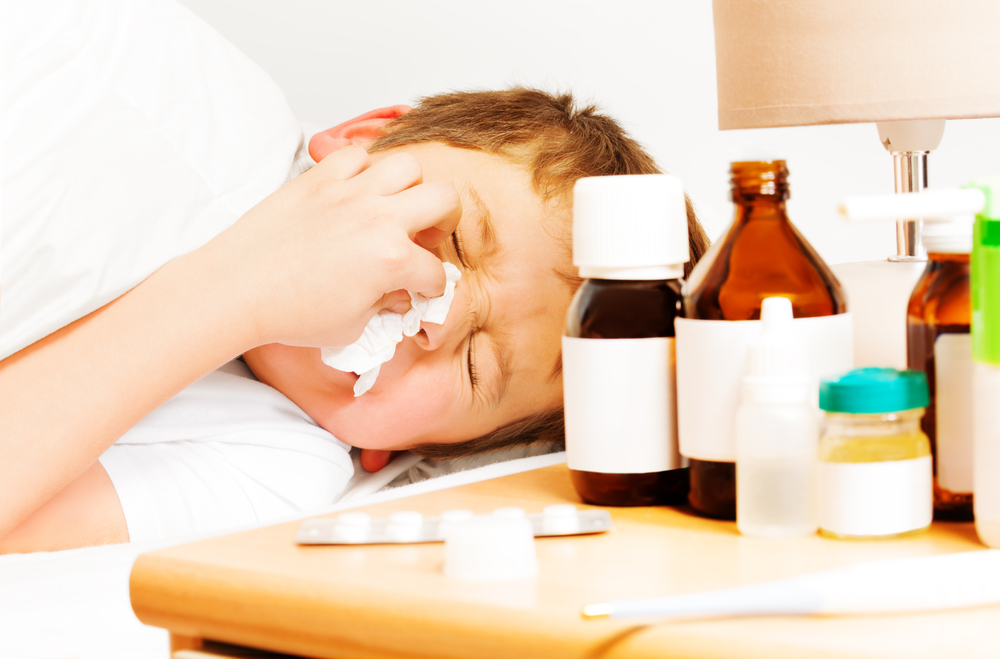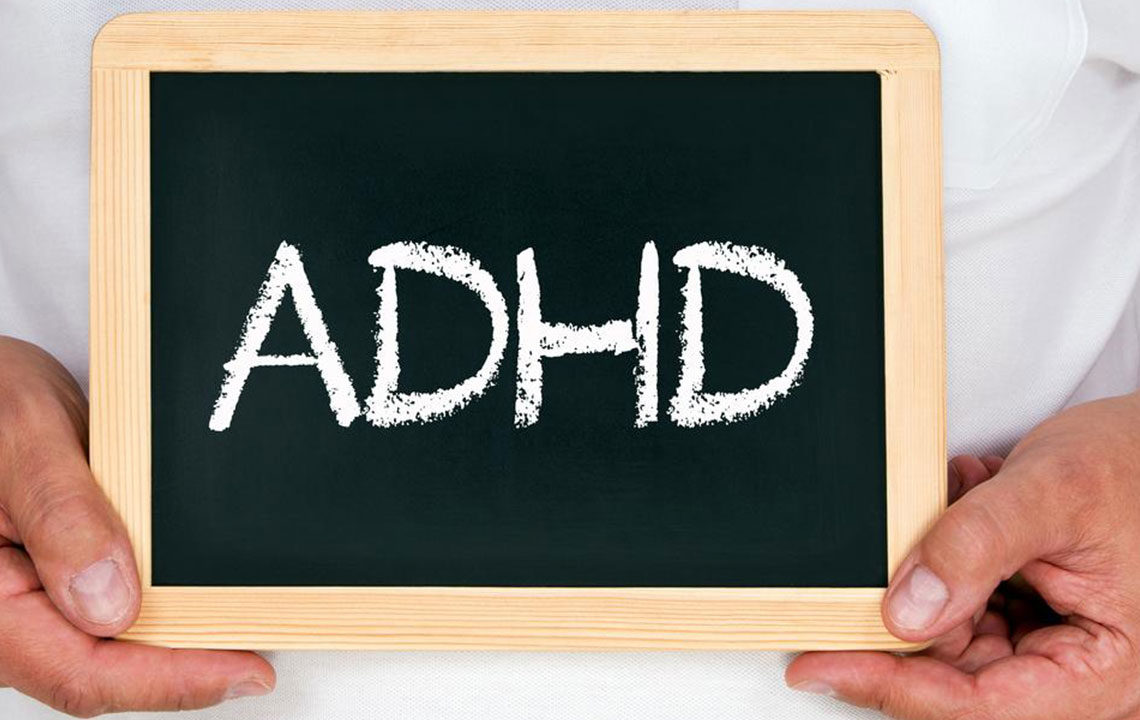5 Important Points That You Need To Know About ADHD In Adolescence
ADHD (Attention Deficit Hyperactivity Disorder) is a real issue that affects plenty of teenagers. Teenagers with ADHD are hyperactive and often act impulsively. They find it difficult to pay attention or sit still. ADHD is diagnosed in childhood, but the symptoms become more pronounced in adolescence, and if not managed, may continue well into adulthood.
Here are the 5 important points that you need to know about ADHD in adolescence:

- Causes: Through research, it has been determined that ADHD is genetic, but other factors can cause ADHD such as traumatic brain injury, nutritional issues (consuming food additives), and environment (lead exposure).
- Symptoms: The most common symptoms of ADHD in teenagers are hyperactivity, impulsivity, disorganization, distractibility, and poor concentration. The symptoms that are noticed in teenagers with ADHD are similar to those of children affected by ADHD. However, during adolescence, symptoms of ADHD get worse due to hormonal changes and greater demands at school or in social life.
- Types: There are three types of ADHD. In the first type, the teenager is predominantly inattentive. The symptoms are being forgetful, easily distracted, difficulty in focusing and learning something new, losing things, getting easily bored, confusion, daydreaming, and inability to follow directions. In the second type, the teenager is predominantly impulsive or hyperactive. The symptoms are insomnia, unable to sit still, continually talking or moving, impatient, easily frustrated, and emotionally unstable. In the third type, the teenager is equally hyperactive and inattentive.
- Effects: ADHD teenagers cannot perform well in their academic lives and extracurricular activities because of poor concentration and distractibility. They are also more prone to car accidents and may resort to drinking to ease their symptoms. If the teenager receives appropriate treatment for ADHD in time, the symptoms can be controlled, enabling them to lead a better life.
- Treatment: There are several treatments for ADHD, although there is no proper long-term cure. A combination of cognitive behavioral therapy and medicines such as Concerta, Ritalin, and Adderall offer the most effective treatment. There are specialized ADHD schools and summer camps that help ADHD teenagers.
It is imperative for ADHD teenagers to get the right treatment so that their academic life does not get severely affected. Parents must be extremely supportive and talk to their teenage children openly about their problems.
Disclaimer:
The content provided on our blog site traverses numerous categories, offering readers valuable and practical information. Readers can use the editorial team’s research and data to gain more insights into their topics of interest. However, they are requested not to treat the articles as conclusive. The website team cannot be held responsible for differences in data or inaccuracies found across other platforms. Please also note that the site might also miss out on various schemes and offers available that the readers may find more beneficial than the ones we cover.




